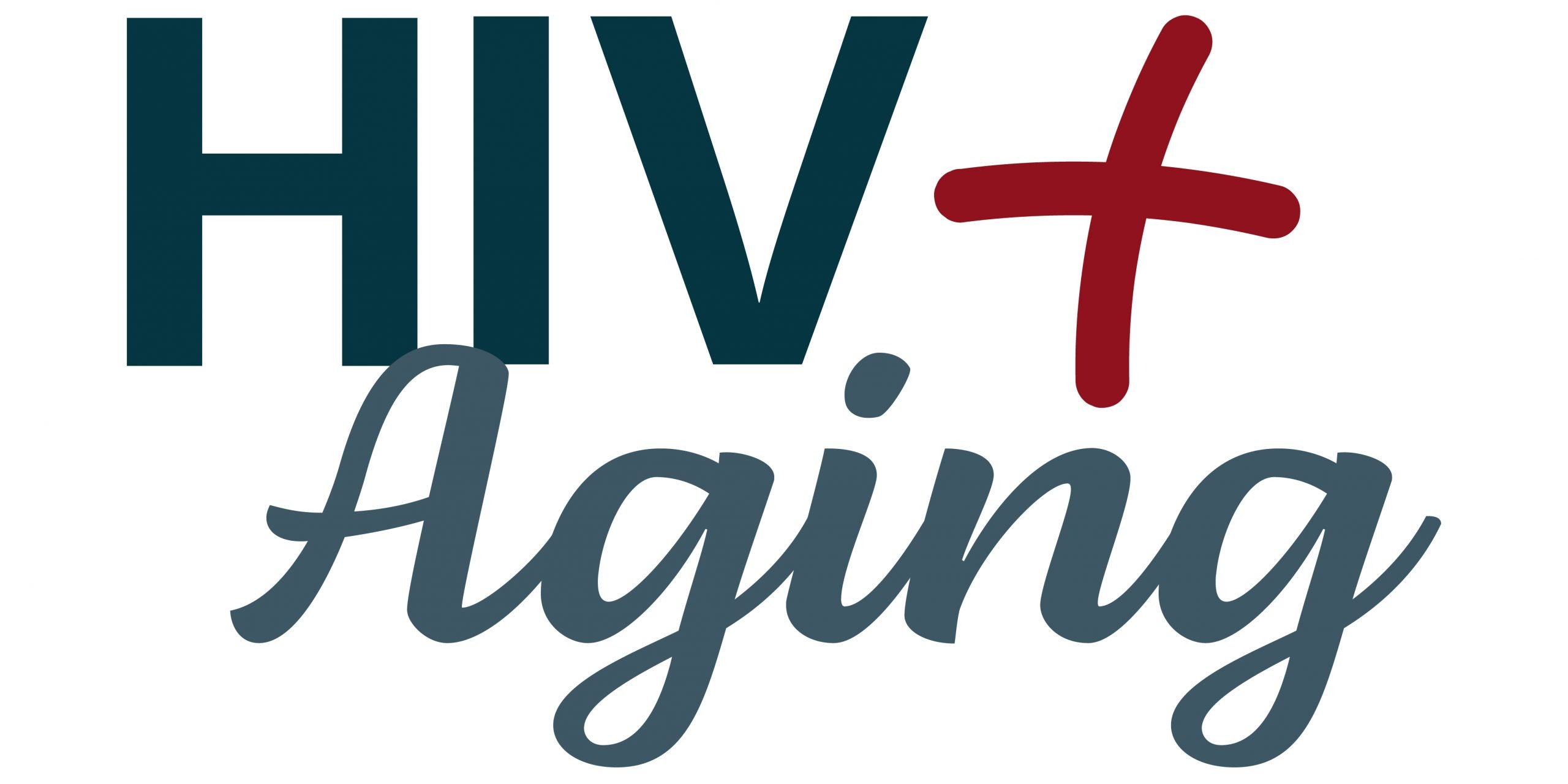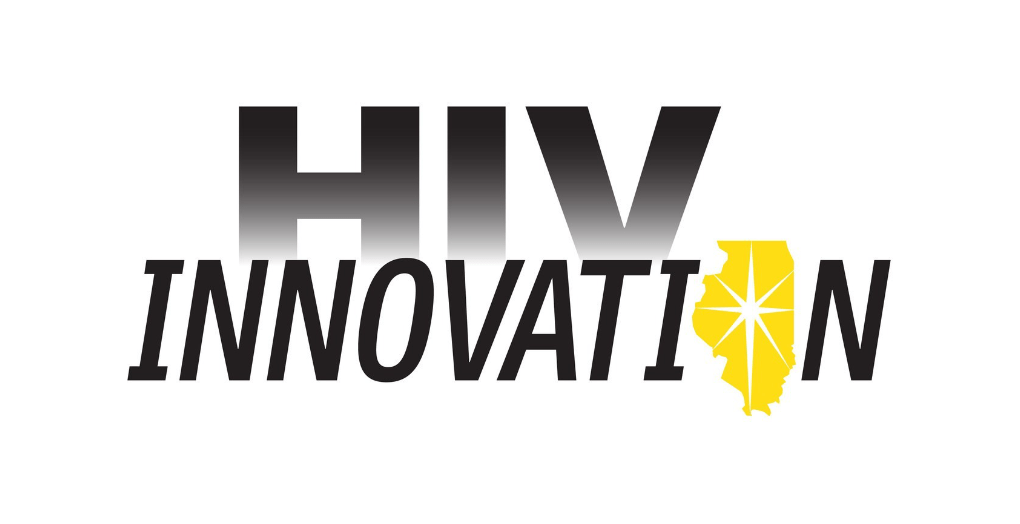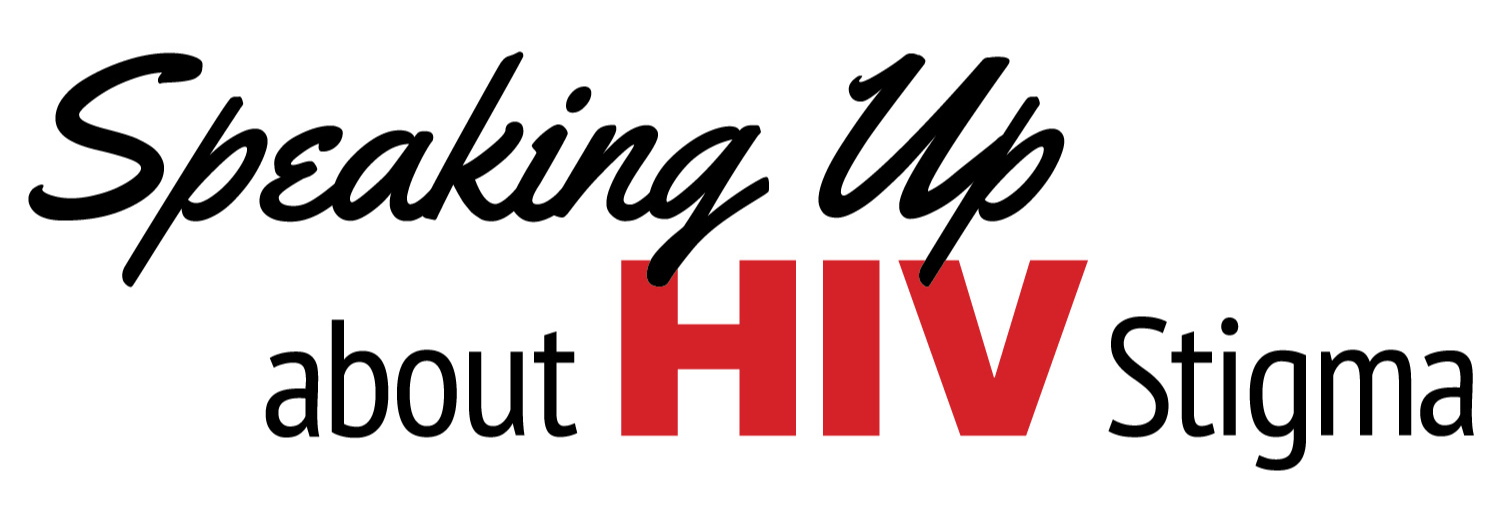About 8% of the estimated 38,695 persons living with HIV in Illinois do not know they are HIV+, according to data gathered by the U.S Department of Health and Human Services and Illinois Department of Public Health and compiled by the Getting to Zero Illinois HIV Dashboard. The percentage and number of newly diagnosed residents increased from 2020 to 2021, according to these data. New HIV infection diagnoses rose to 1,228, an increase from 1,125 in 2021, but down from a high of 1,678 in 2012.
The progression from HIV to AIDS decreased, down to 31 cases in 2021 compared to 111 in 2012. Late HIV diagnoses also decreased to 109 and 20% of total cases in 2021 compared to 291 and 31% of total cases in 2012, according to data compiled by the dashboard.
The overall number of HIV+ Illinois residents has been decreasing as individuals learn their HIV+ status and take steps to prevent infecting others. While this progress is occurring among some groups such as African-American women, infections among gay and bisexual men are still high. Making strides among young gay and bisexual men (age 20-39) is especially challenging, with more than half of new HIV infections occurring within this age group.
In keeping with the National HIV/AIDS Strategy, Illinois is working to reduce new infections and provide treatment to persons living with HIV, especially within the gay and bisexual, African-American, Hispanic and incarcerated populations, in which health disparities exist.
Encouraging HIV testing is an important aspect of both reducing infections and bringing treatment to persons living with HIV. When unaware of their HIV infection, individuals can spread HIV to others through unprotected sex, intravenous drug use or other ways. In addition, undiagnosed individuals do not receive the benefit of medical treatments that can slow the progression of HIV infection into AIDS or other illnesses.
To reduce the percentage of HIV+ individuals who remain undiagnosed, the Centers for Disease Control and Prevention (CDC) recommends that all individuals aged 13-64 be tested for HIV infection. Those wishing not to be tested can choose to decline or “opt-out.” The state of Illinois has adopted the CDC’s recommendation as law.
Once these individuals are diagnosed, Illinois HIV Care Connect helps them to enroll and find the medical case management, health care and support services they need to achieve optimal health and self-sufficiency.
Illinois HIV Care Connect builds upon other statewide HIV programs recognized for their efforts to reduce HIV infection. For example, the CDC recognized the Illinois Perinatal HIV Prevention Act, which requires Illinois providers to conduct prenatal HIV testing of pregnant women and newborn HIV testing. If tested positive for HIV within 24 hours after birth, newborns are given antiretroviral medication for up to six weeks; this medication has decreased newborn HIV infection in Illinois by 99%. A role model for other states wishing to reduce mother-to-child HIV transmission, Illinois is one of only a few states to provide this safety net. Learn more at the Illinois Perinatal HIV Hotline website.




